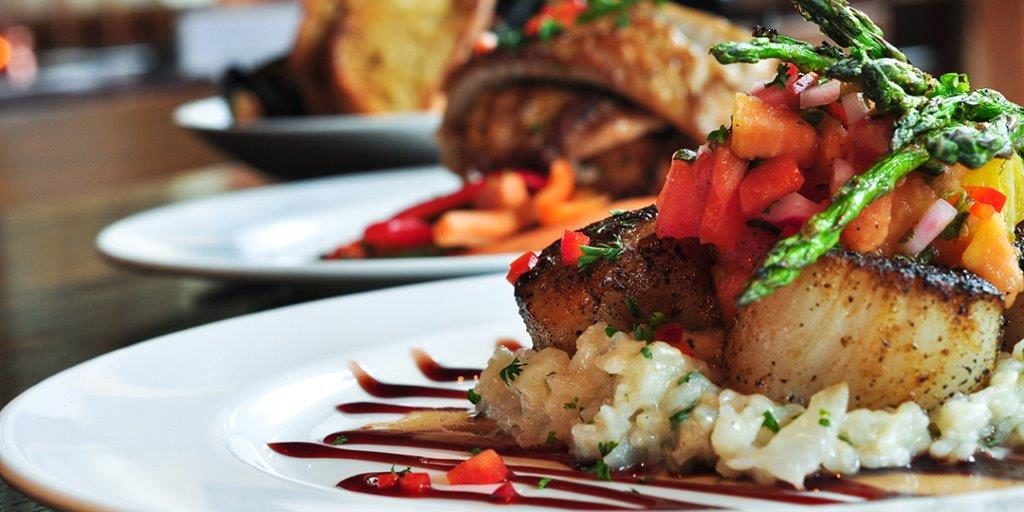
How to eat enough protein without meat
Going vegetarian – or vegan, if you’re even more dedicated – is becoming increasingly popular. You might decide to give up meat and/or dairy for health reasons, to reduce harm to the environment or because you want to do more to support animal welfare. No matter the reason, if you want to give up a major food group, you’ll need to think about where you get your nutrients from.
One of the main things you will need to plan for when giving up meat is where you get your protein from. Animal products are not only a good source of this nutrient, they are also what’s known as a ‚complete protein‘. Essentially this means they contain all the amino acids the body doesn’t produce itself, which is vital for your health.
So, what can you eat to ensure you get enough protein? And how much should you be consuming each day? Read on to find out.
How much protein should you be eating?
This should be a fairly simple question to answer, but it can vary depending on who you ask. For example, in the UK people are advised to eat 0.75g of protein per kg they weigh, or 0.012oz per lb. In the US, the recommended daily allowance is a bit higher, at 0.8g per kg, or 0.013 oz per lb.
However, there’s no need to get bogged down in the details. For example, if you weigh 150lbs (just over 68kg), you would need to eat 1.8oz (51g) of protein per day according to the UK rules, but 1.95oz (55g) per day according to those in the US. There’s not a huge difference between those two numbers.
Overall, if you’re unsure, always aim for the higher number. Eating a bit more protein than you need isn’t going to do you any harm, as long as you don’t go overboard. Anything up to double your recommended daily allowance should be fine, and in fact a high protein diet can have many benefits.
Of course, for vegetarians and vegans the challenge is likely to be eating enough protein, not worrying about having too much. So which foods are good sources of this vital nutrient, and will help you get everything you need for a balanced diet? Here are just a few of your best options:
Tofu
This is often positioned as the go-to meat replacement for vegetarians and vegans, and for good reason. It is a complete protein, giving you all the amino acids you need. The downside is that it only contains eight per cent protein, meaning you would need to eat a lot of it to get your daily allowance, but it is also very versatile. You can even blend it into a smoothie for an added protein boost.
Quinoa
This grain has been a very trendy alternative to rice or couscous for some time now. However, it is also a complete protein, with all the amino acids you need. It only contains four per cent protein though, so again, you will need to supplement it with other sources in order to eat enough.
Oats
That’s right; your ordinary porridge oats are actually a great source of protein, with ten per cent of this foodstuff being made up of the nutrient. It’s not a complete protein, but cooked with milk and your preferred toppings, it is a great way to start your morning with a nutritious breakfast.
Nuts and seeds
These are some of the best vegan protein sources, but you have to be careful when eating them as they are also high in fat. However, if you are sparing with your portion sizes, they are a great option.
Cashew nuts, for example, contain 18 per cent protein, while peanuts pack a whopping 25 per cent. Peanut butter also usually contains around this level of the nutrient, but check to make sure you’re buying a brand that doesn’t contain additional sugar, salt or oil.
Pulses
This is a catch-all term for beans, peas, lentils and other similar foodstuffs. All of these are good sources of protein, although none are complete so you will need to make sure you’re varying your diet and not relying too much on pulses as a replacement for meat.
However, if you can vary your diet, you will find that pulses are a good option. Most beans contain between seven and ten per cent protein, while lentils contain between eight and nine per cent. Even simple garden peas contain around seven per cent protein, making these a great source.



